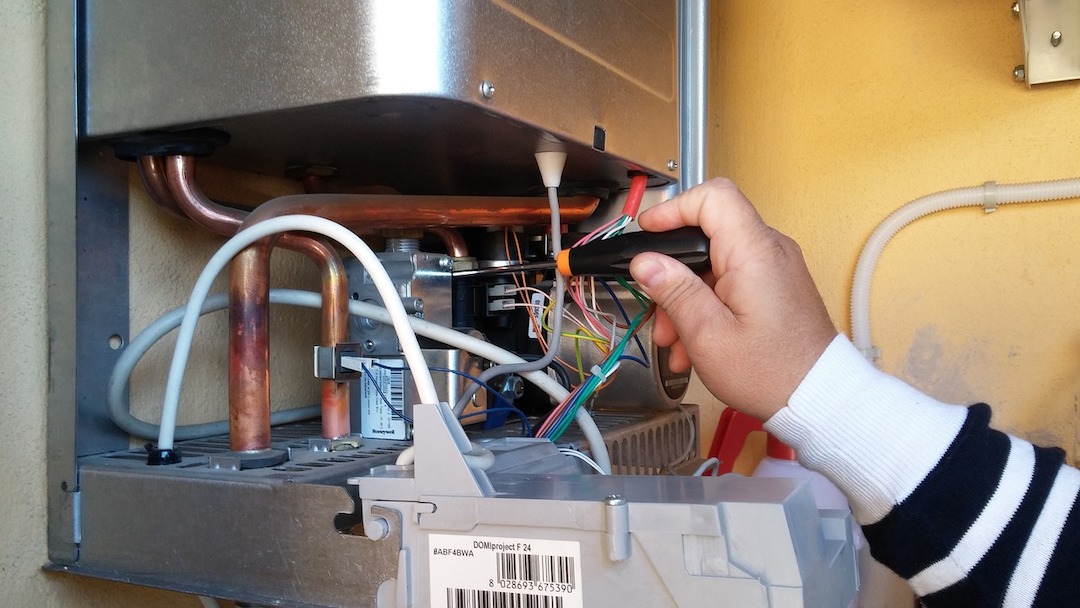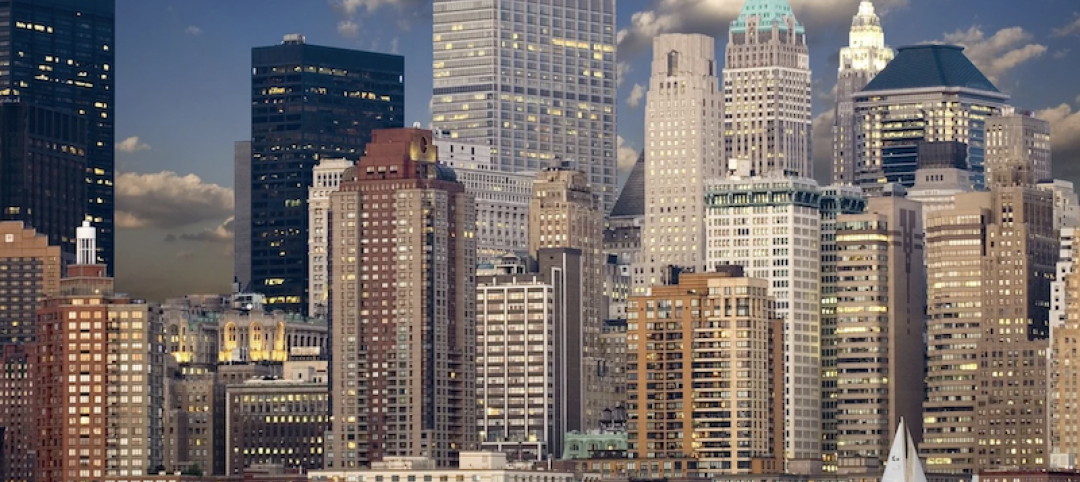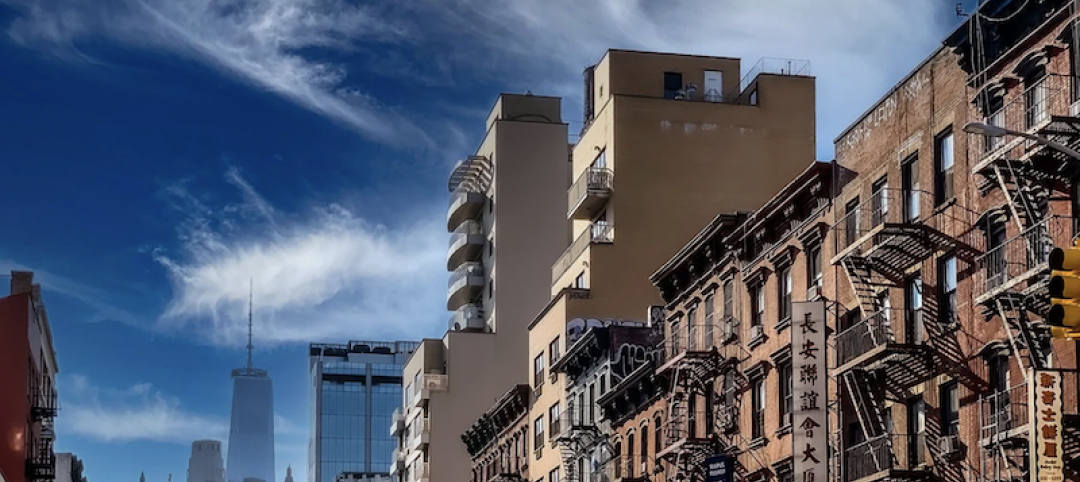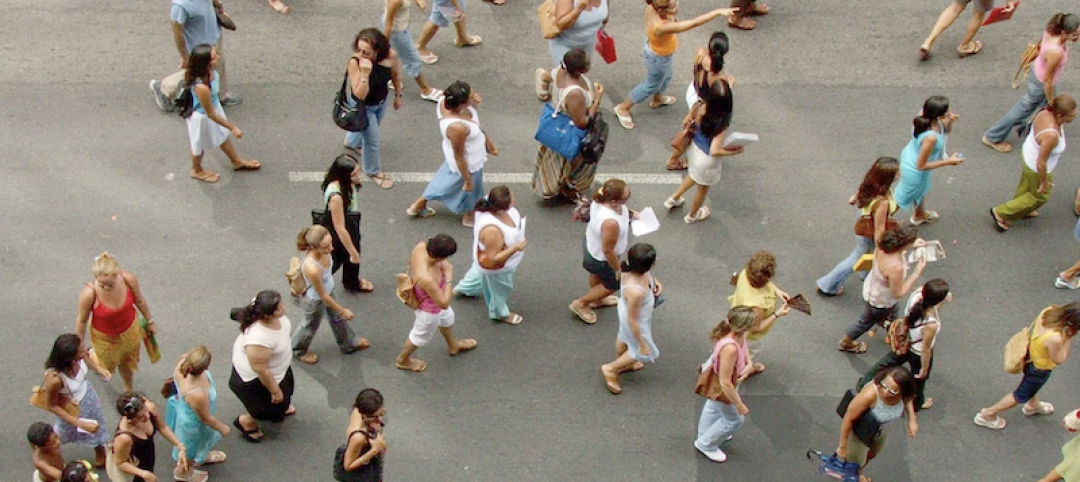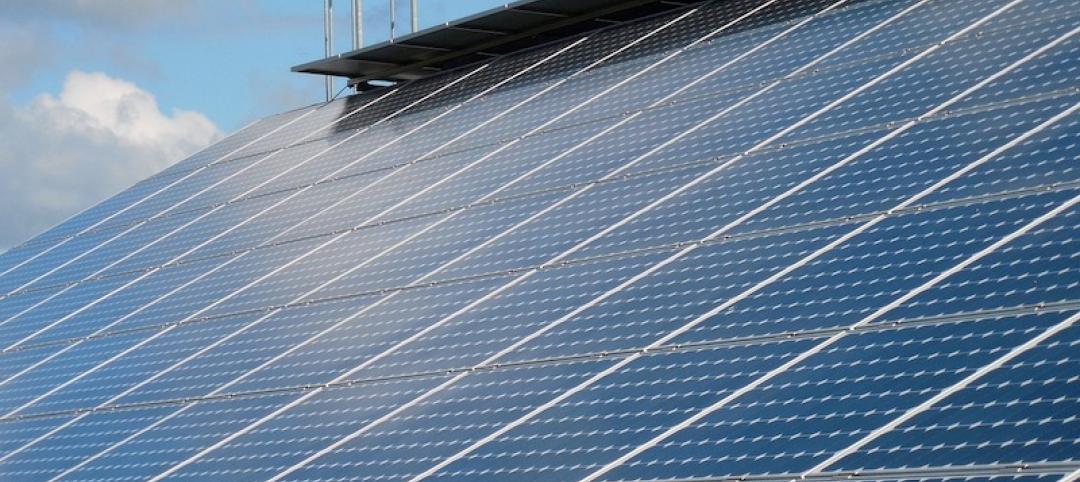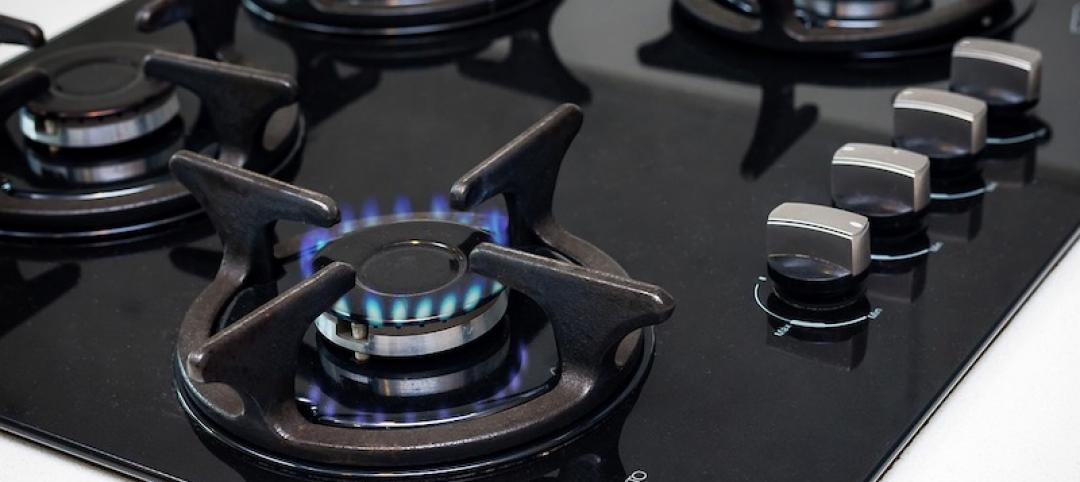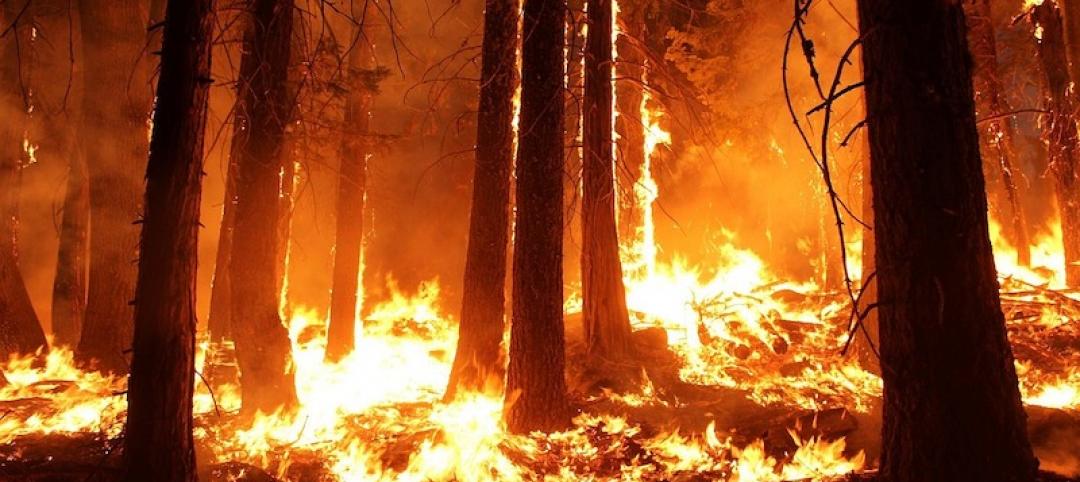Efficient electric hot water heating technologies significantly reduce the carbon emissions of multifamily buildings, according to a report by the American Council for an Energy-Efficient Economy (ACEEE) and New Buildings Institute (NBI).
In multifamily buildings with five or more units, water heating uses more energy than space heating, cooling, or lighting, the report says. Converting gas-fired water heaters to advanced technology—electric heat pump water heaters (HPWHs)—would cut greenhouse gas emissions from water heating by an average of 58%.
If HPWHs are powered entirely by clean sources, they cause zero emissions, making them a critical tool for decarbonizing the economy. Efficient electric water heaters carry a higher upfront cost over gas models, so policymakers would have to provide incentives to owners to make the conversion, the report says.
“Many utilities offer incentives for building or unit owners to install in-unit heat pump hot water heaters,” an ACEEE/NBI news release says. “Yet few programs are designed specifically for multifamily buildings, which offer unique challenges.”
Related Stories
Codes and Standards | Nov 17, 2020
Midtown Manhattan’s empty offices could be converted to affordable housing
Advocates envision idle offices re-zoned to alleviate housing crisis.
Codes and Standards | Nov 16, 2020
New concrete detailing manual includes downloadable CAD files
American Concrete Institute document contains guidance on codes for structural concrete.
Codes and Standards | Nov 12, 2020
California rent control measure defeated
Golden State voters reject Proposition 21.
Codes and Standards | Nov 11, 2020
NY court ruling makes it easier for condo boards to sue investors for construction defects
Investors would be tapped for damages on such cases.
Codes and Standards | Nov 10, 2020
Researchers and industry leaders will form national institute for AI in construction
Goal is to identify high-impact areas for application in design and construction.
Codes and Standards | Nov 6, 2020
Jobsite injuries in New York City decline 20% since 2017
Safety training cited as a cause of improvement.
Codes and Standards | Nov 4, 2020
Commercial building owners having tougher time securing insurance policies and renewals
Insurers’ fears of civil unrest in wake of election prompt builder’s risk coverage moratoriums.
Codes and Standards | Nov 4, 2020
Turn rooftops into revenue generators with solar arrays
Lease or ownership models for PVs make more sense than ever.
Codes and Standards | Nov 3, 2020
The argument against gas stoves includes degraded indoor air quality
Asthma seems to be aggravated by cooking with flame.
Codes and Standards | Nov 2, 2020
Wildfires can make drinking water toxic
Updated building codes could mitigate the danger.


